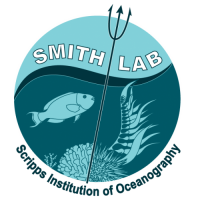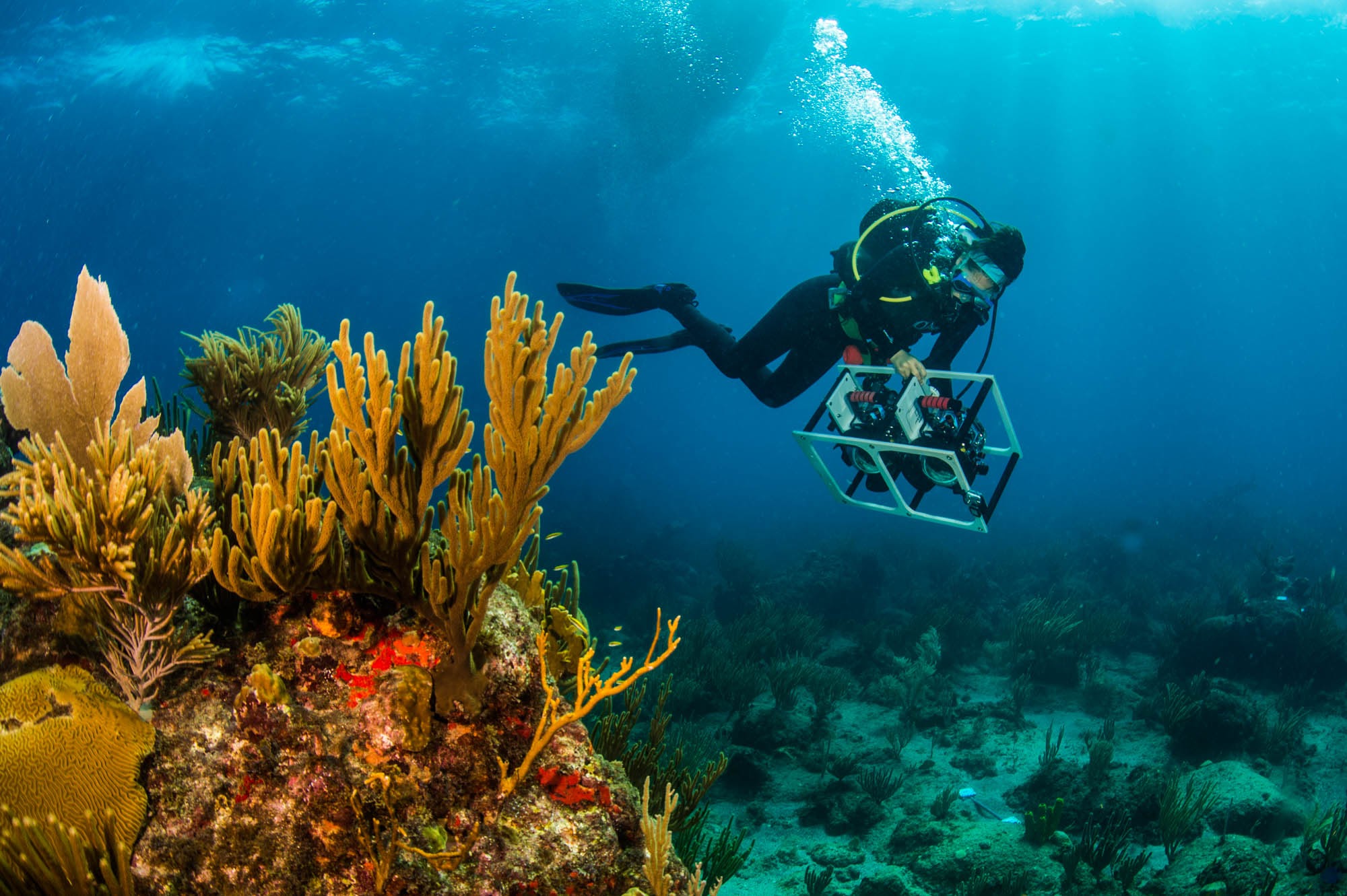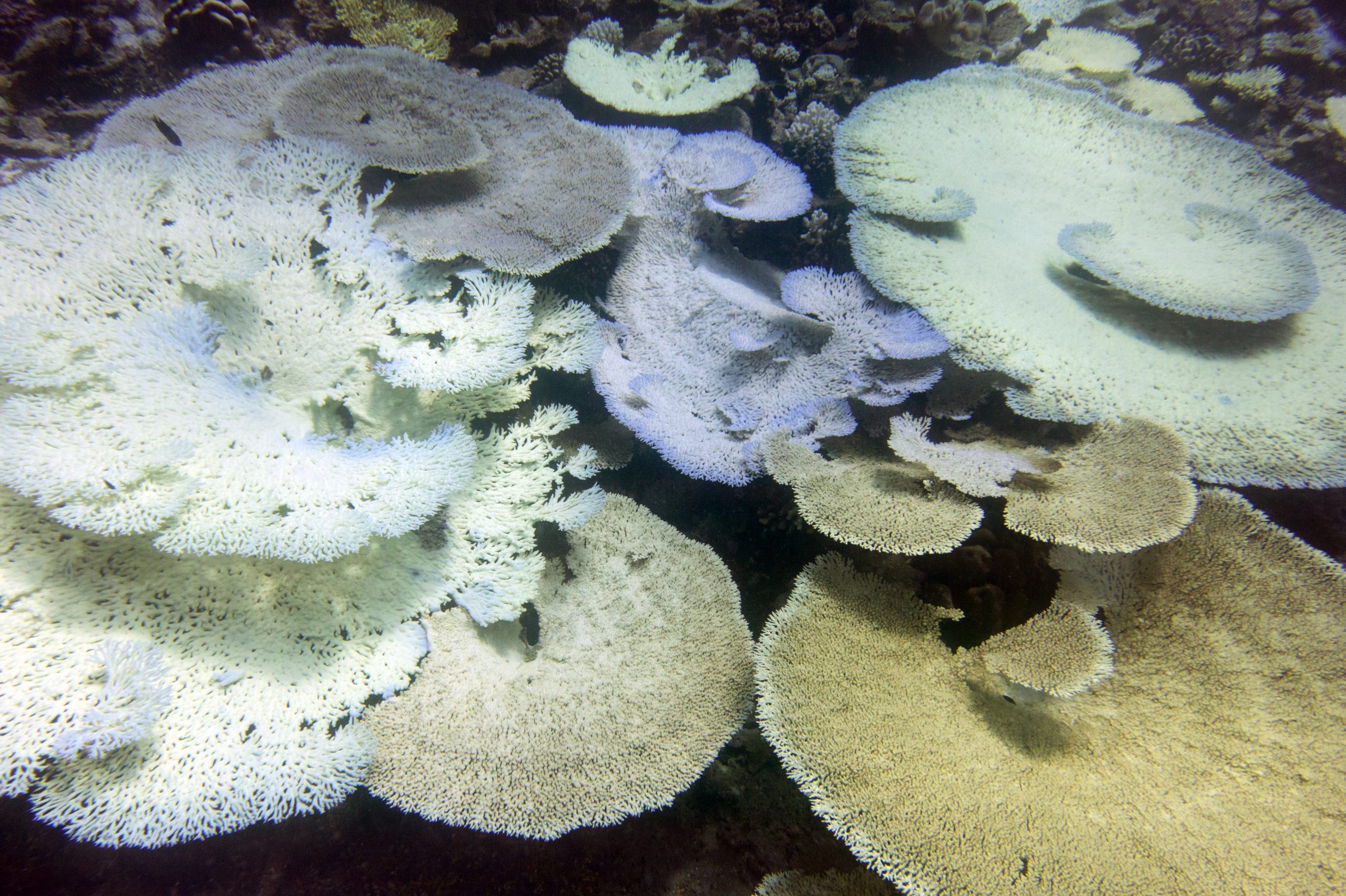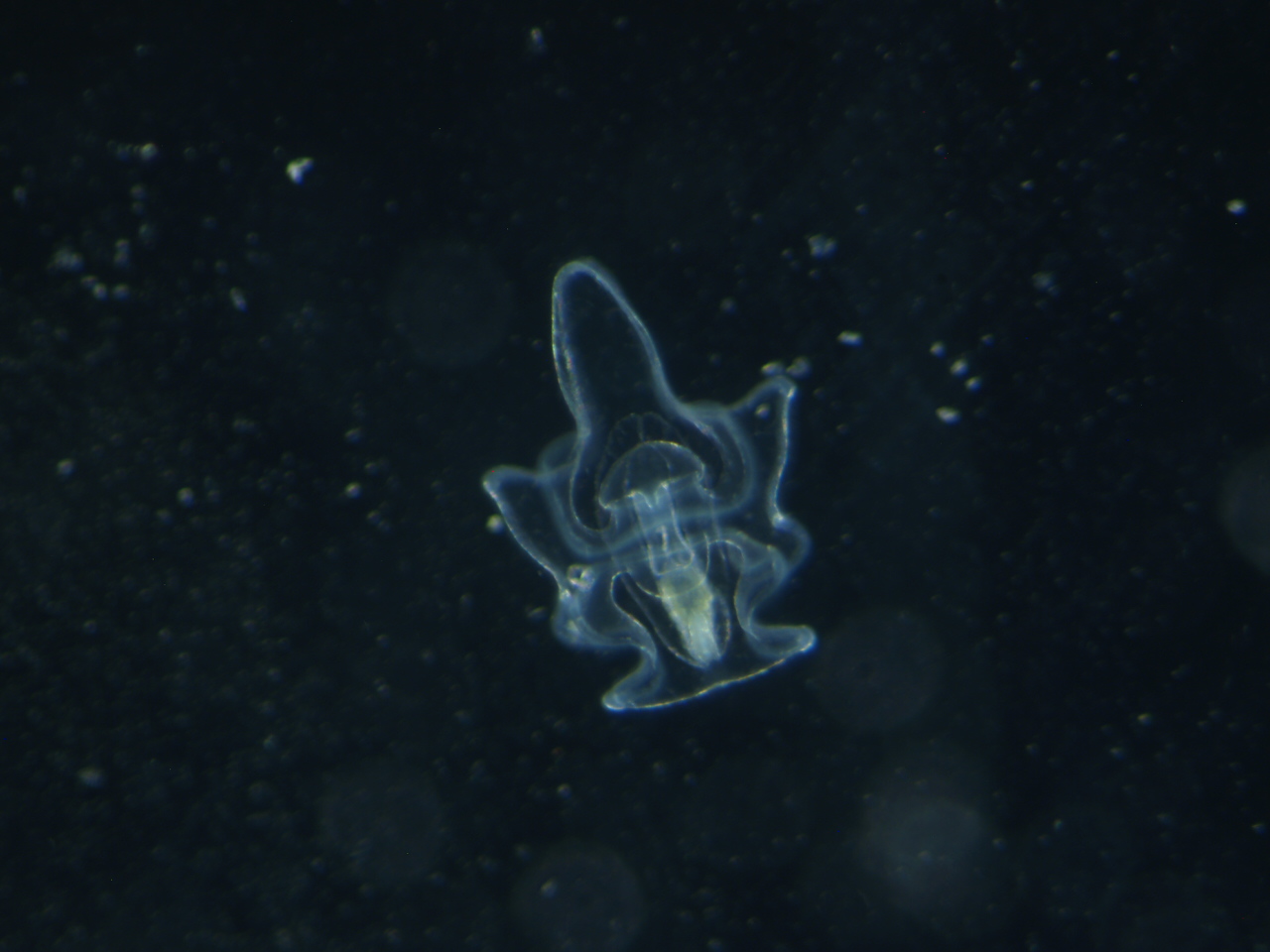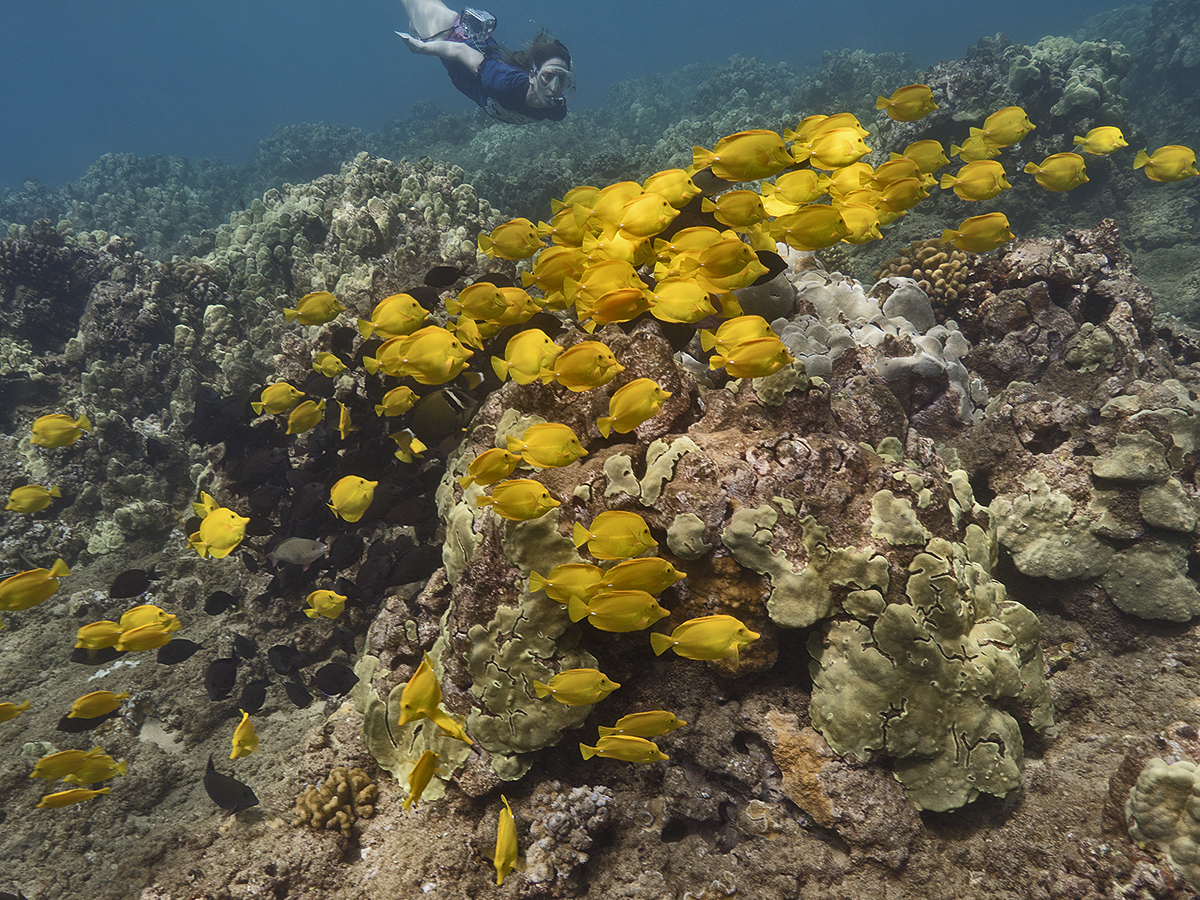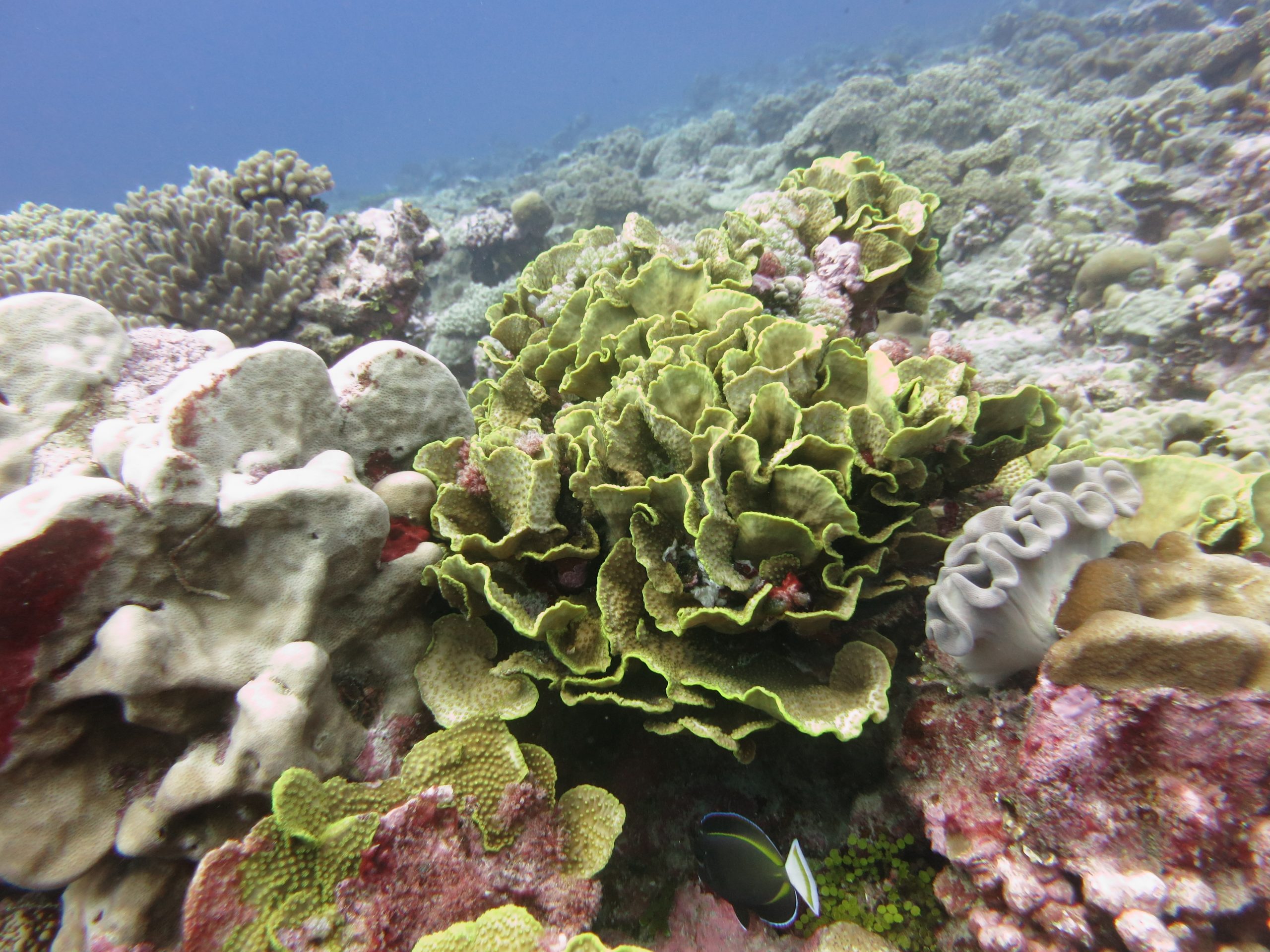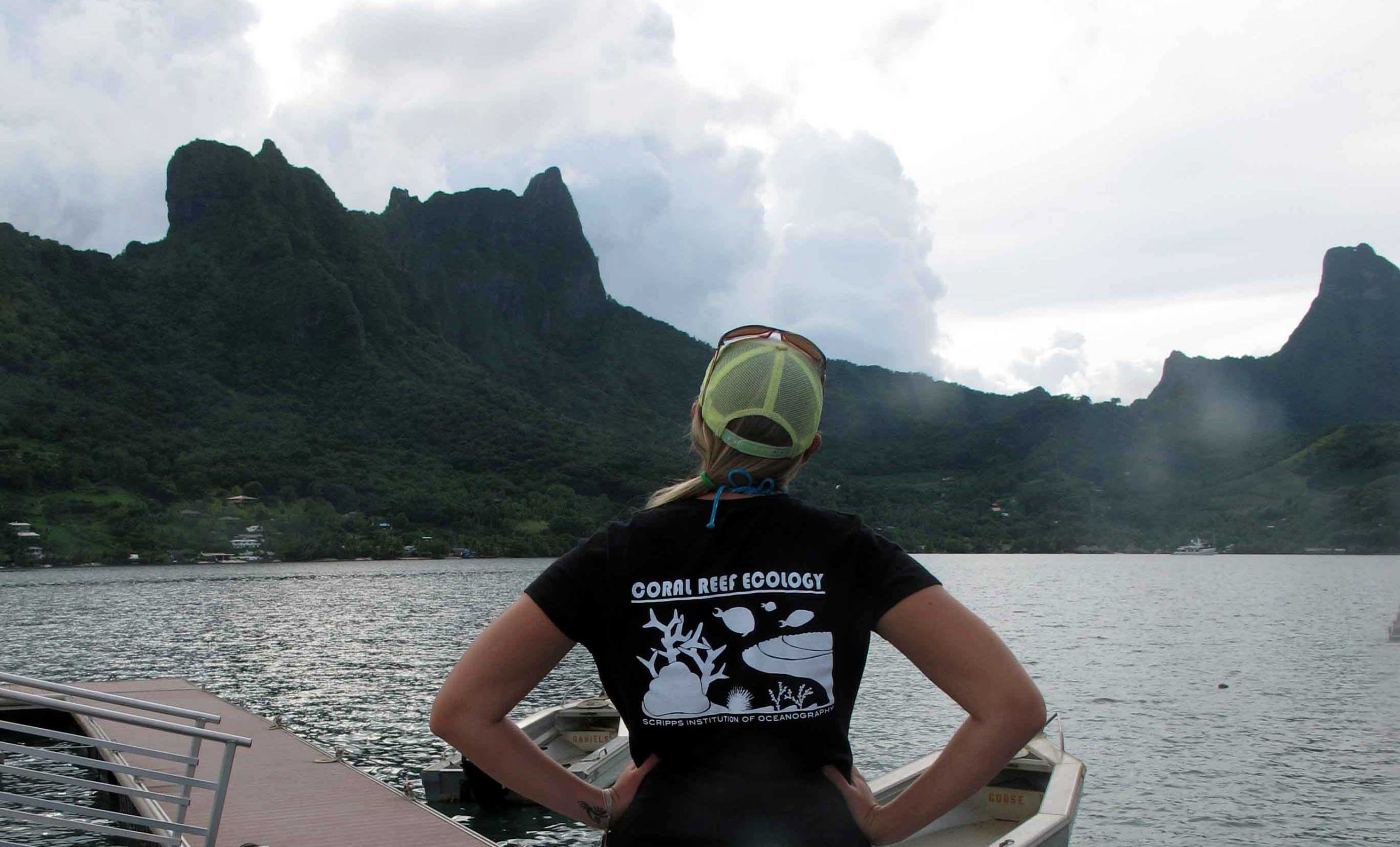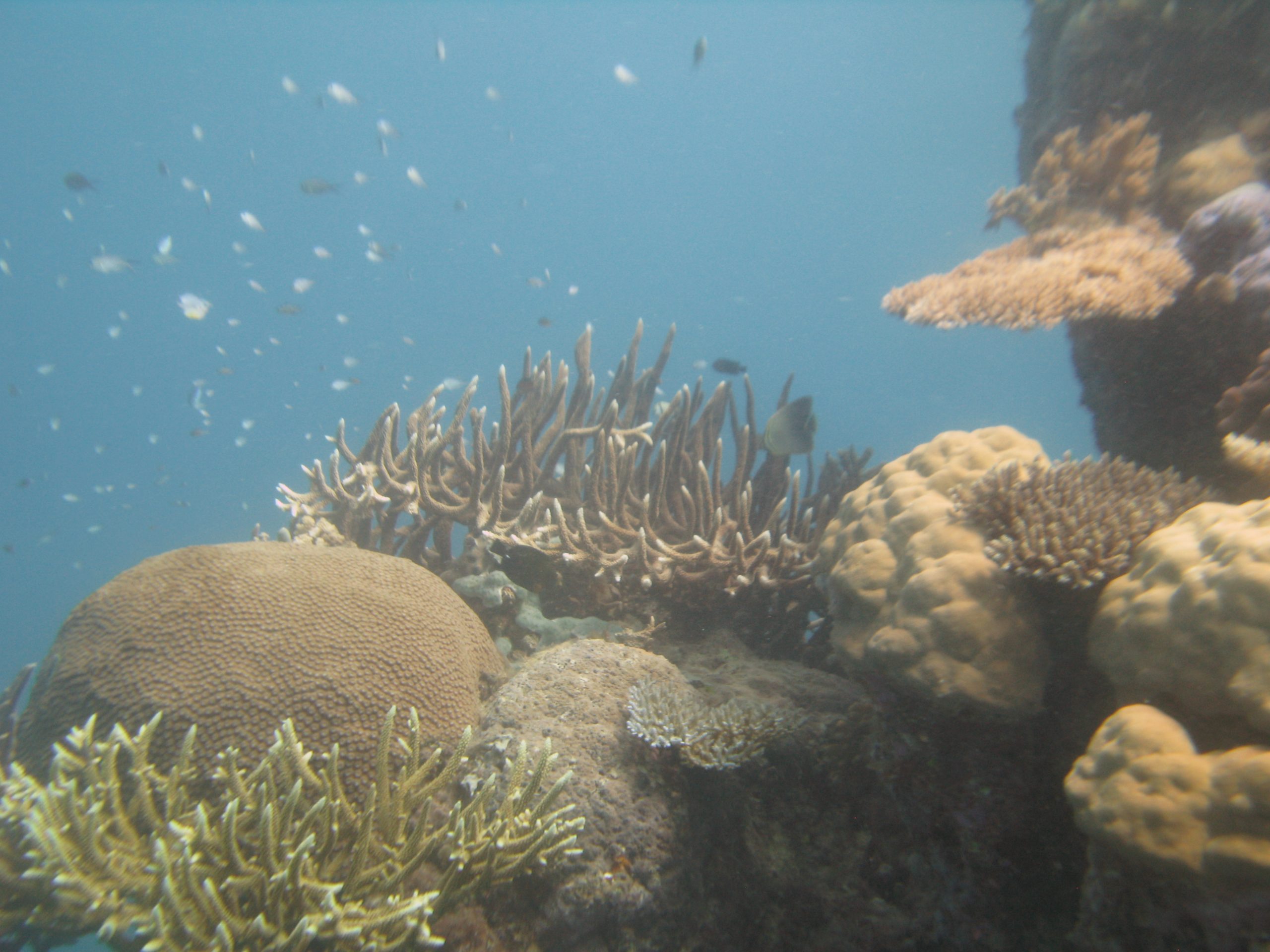The 100 Island Challenge is a collaborative project led by Dr. Stuart Sandin’s lab, co-led by Dr. Jen Smith, that aims to work with partners worldwide to assess reef health in a holistic way that is comparable across all sites. News Deeply recently interviewed Dr. Smith to learn more about the goals of the 100 Island Challenge in assessing reef … Read More
What are scientists saying about the fate of the Great Barrier Reef?
This week PBS interviewed scientists, including Dr. Jennifer Smith, about the effects of climate change on the health of the Great Barrier Reef. Click here to learn more about the science behind global warming and coral bleaching and what actions you can take daily to help preserve coral reefs!
Smith lab and colleagues find that Crown of Thorns (COTS) larvae can take up organic matter derived from corals
Crown-of-Thorns Starfish Larvae can feed on Organic Matter Released from Corals Ryota Nakajima, Nobuyuki Nakatomi, Haruko Kurihara, Michael D. Fox, Jennifer E. Smith, and Ken Okaji Abstract: Previous studies have suggested that Crown-of-Thorns starfish (COTS) larvae may be able to survive in the absence of abundant phytoplankton resources suggesting that they may be able to utilize alternative food sources. Here, … Read More
Do different species of herbivorous fish have unique grazing roles on coral reefs, or are they all grazing alike?
Coral reefs are home to a large diversity of organisms. The herbivorous fishes, those fish that eat algae in competition with corals, are no exception to such diversity. But do the many species of herbivores have unique grazing roles on reefs or are all herbivorous fishes grazing alike? This was the focus of a study recently published in Oecologia … Read More
Smith lab and colleagues present an autonomous approach to measure coral reef net calcification and production rates
Assessment of net community production and calcification of a coral reef using a boundary layer approach Abstract: Coral reefs are threatened worldwide, and there is a need to develop new approaches to monitor reef health under natural conditions. Because simultaneous measurements of net community production (NCP) and net community calcification (NCC) are used as important indicators of reef health, tools are … Read More
Palmyra Atoll Bleaching Update (May 2016)
The abnormally warm water event associated with El Niño has been pummeling coral reefs worldwide. Last week the Sandin and Smith labs from Scripps Institution of Oceanography embarked on a rapid response expedition to survey the damage of the warm sea surface temperatures at one of our long term monitoring sites. Palmyra Atoll, a tiny island in the central Pacific, … Read More
Smith lab and colleagues publish new paper looking at microbes on coral reefs
Global microbialization of coral reefs Abstract: Microbialization refers to the observed shift in ecosystem trophic structure towards higher microbial biomass and energy use. On coral reefs, the proximal causes of microbialization are overfishing and eutrophication, both of which facilitate enhanced growth of fleshy algae, conferring a competitive advantage over calcifying corals and coralline algae. The proposed mechanism for this competitive … Read More
These Three Reefs Are Not Like Each Other
By Maggie Johnson My field work entails a combination of field and laboratory experiments. Field work is utterly exhausting; working in and on the water for all daylight hours and then in the lab for what remains of the day. But one of the things I love the most about being a marine biologist with field based research is the … Read More
Influential conservation papers of 2014 – featuring Smith Lab’s Clinton Edwards!
Clint Edwards, et al. publication, Global assessment of the status of coral reef herbivorous fishes: evidence for fishing effects, has been selected as one of the most influential conservation papers of 2014!! Congratulations Clint & Smith Lab!!! http://conservationbytes.com/2014/12/22/influential-conservation-papers-of-2014/
Learning About Coral Diversity and Conservation on the Great Barrier Reef
By Abby Cannon: This September I left my usual seagrass habitat and helped the Khaled bin Sultan Living Oceans Foundation survey corals on the Great Barrier Reef. Somewhere in the midst of identifying all of the corals within a ten meter by one meter belt at various sites I reached the conclusion that everybody interested in corals needs to visit … Read More

